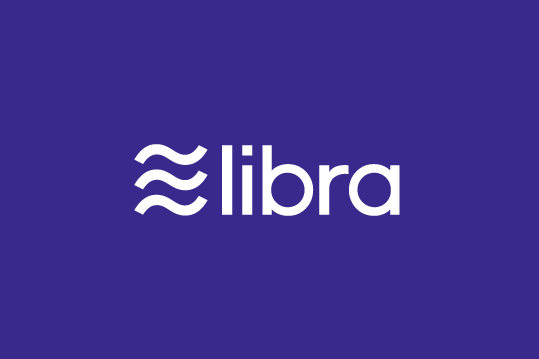

Before we dive deep into Libra’s technicalities – and why I personally believe this digital currency won’t survive in the long term – I should underline that I think Facebook entering the space will be a massive boost for cryptocurrency in the short term.
Project Libra is a new so-called “cryptocurrency” which was formally introduced by the Facebook team last week.
Despite the white paper and technical papers focusing on decentralisation, open governance, and ease of use, a deeper analysis shows that Libra simply cannot fulfill some of its promises.
From a low-decentralisation consensus algorithm to the introduction of gatekeepers, regulators, and KYC, there’s a great deal of features that, when combined, essentially make Libra a digital currency and not a cryptocurrency. It is like other fiat currencies except instead of being governed by Central Banks (CBs), it is governed by a mix of companies and other institutions.
In the end, the innovation Libra brings to the space is (finally) competition to CBs – hence my long-term bet for its demise. From past experience, all other direct competitors to CBs have either shut down themselves or been forced to do so.
Of course, despite my gloomy mood, the exact opposite may happen and Facebook’s Libra could change the course of history for fiat currencies.
Assuming CBs are incapable of shifting interest rate policies, the most likely scenario is serious global hyperinflation at some point in time. What would happen to Libra at that point? Will it lose its peg to fiat currencies and shift to a crypto-basket peg? Could that be a solution in case regulators try to shut Libra down? And if so, what would the impact be for other stablecoins, ETFs, the DeFi movement, or even for Bitcoin?
Libra will be a dBFT-based cryptocurrency, which means it’ll use a delegated Byzantine Fault Tolerance consensus algorithm. So, much like NEO, Stellar, Ripple, and other dBFT-based cryptocurrencies, it will have a set of validators.
Libra’s consensus algorithm is called LibraBFT (very original) and uses a variant of the HotStuff dBFT protocol.
In Libra’s case, there’s 100 validators. Of course, there is a fee you must pay to become a validator, which according to the white paper will be set at $10 million. There’s already an interesting group of companies supporting the initiative ranging from Uber and Spotify to Visa and Coinbase, who of course will all be validators (Facebook included).
So what are the advantages for validators? As you can guess, validators charge transaction fees in order to keep the network safe and sound. There’s no mining with dBFT, but due to some degree of centralisation, peers can reach consensus on transactions and states.
Also, there will be some form of KYC needed to use its first main wallet, Calibra, which isn’t ideal for many crypto enthusiasts.
On the other hand, the project is fully open to scrutiny as it is open source and anyone can build upon its blockchain. A really awesome feature is the introduction of a brand new programming language – Move – designed with the aim to attract many talented developers to the space.
The only problem regarding developers deploying dApps in such an environment is, of course, Calibra’s gatekeeping. Still, due to the open source nature of the entire project, we might see some interesting forks.
Although many people, including myself, initially complained “well, that doesn’t seem very decentralised to me”, on second thought, I believe this was a brilliant move by Zuckerberg. Although in China everyone uses Alipay or WePay to do commerce, in Europe and the US, it seems the technology hasn’t gained that much momentum. There’s a lot of scope for adoption, even with Apple Pay taking a cut.
By disassociating Facebook with the project, it seems the goal is to also protect Facebook’s interests, as a move against Libra would be a move against all Libra stakers.
I think overall, the Libra currency will in fact help Bitcoin to free people from fiat currencies. Even though Libra is based on a basket of fiat currencies, I truly believe that the price stability requirement will change over time.
Intrinsic value does not exist, as explained above by none other than Saifedean Ammous, the author of “The Bitcoin Standard”. We value things solely based on our cultural views and global preferences. Unfortunately for most, our preferences haven’t been the most sound lately.
Denver, Colorado, 24th February 2025, Chainwire
Denver, Colorado, 20th February 2025, Chainwire
Washington, D.C., 18th February 2025, Chainwire
Dubai, UAE, 27th January 2025, Chainwire
Those who enter the market at this time may be surprised to hear that Bitcoin…
George Town, Grand Cayman, 22nd November 2024, Chainwire